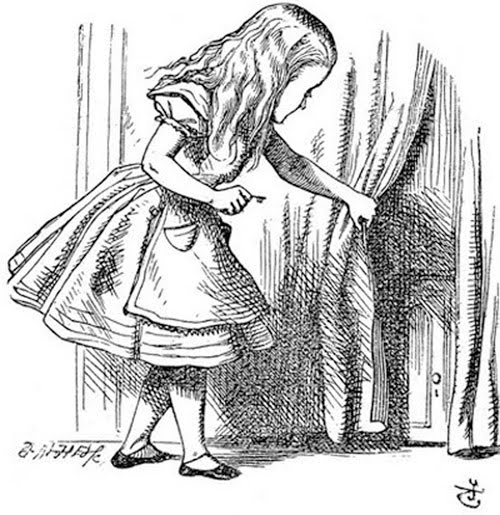Australia was discovered by Captain James Cook in 1770. This was a time of great exploration and many European countries chartered the Australian coast. Australia was quickly established as a British colony and the first settlers arrived in Sydney in 1788. Many of the first settlers were convicts. Previous to this, the Aboriginal people of Australia had lived in harmony with the country for approximately 40,000 years. The British rule brought vast changes to Australia and the Aboriginal peoples.
Colonization: Document Based Question Assessment (DBQ) Sources
On Thursday, March 31st, you will be assessed on your knowledge and understanding of source documents as well as your ability to apply your understandings in writing. The assessment is based on the accompanying documents. It is designed to test your ability to work with historical documents. Part A: Source Analysis (Knowledge and Understanding)
Read each source carefully. To make certain you understand the source:
- Identify from whose perspective the source is written from (bias).
- Identify the source's intended audience.
- Define all unknown vocabulary.
- Summarize the meaning of the document.
- Identify the overall message and any hidden meanings
Source 1: The Sydney Gazette and New South Wales Advertiser
Bennelong died on Sunday morning last at Kissing Point. Of this veteran champion of the native tribe little favourable can be said. His voyage to, and benevolent treatment in Great Britain produced no change whatever in his manners and inclinations, which were naturally barbarous and ferocious. The principal Officers of Government had for many years endeavoured, by the kindest of usage, to wend him from his original habits, and draw him into a relish for civilised life; but every effort was in vain exerted. His propensity to drunkenness was inordinate; and when in that state he was insolent, menacing and overbearing. In fact he was a thorough savage, not to be warped from the form and character that nature gave him, by all the efforts that mankind could use.
Source 2: The Queenslander
For, as the writer in the Cooktown paper says, there is plenty of good soil inviting settlement; but how many men dare fix their home in the bush when they know that neither their property nor their lives will be safe from the attacks of desperate savages, whose natural cunning has been intensified by their long struggle for life with the whites. Evidently settlement must be delayed until the work of extermination is complete—a consummation of which there is no present prospect—or until some more rational and humane method of dealing with the blacks is adopted.
Source 3: Australian Aboriginal children at a government institution near Alice Springs, 1934
Source 4: Excerpt from "Rabbit Proof Fence" by Doris Pilkington
“We can’t go down along our hunting trails,” Bigdup told him. “They are blocked by fences.”
“And when we climbed over the fence, one of those men pointed one of those things – guns – at us and threatened to shoot us if we went in there again,” said an irritated Meedo.
“There are huts and farms all over the place. Soon they will drive us from our lands.”
Cut off from their natural food source, the Nyungar people expected these white settlers to share some of their food with them.
“We will take a sheep, they have plenty. They won’t miss one,” Bigdup said. His young brother Meedo agreed.
Source 5: "Australia's coloured minority: its place in the community" by A.O. Neville, 1947
Part B: Written Synthesis (Skills and Application)
You will select ONE question from below and write a well-structured response.
1. How is colonization a catalyst for change?
2. How does ethnocentrism cause conflict?
3. How does bias influence perspective?
Your response needs to be a minimum of one paragraph. You may choose to write more than one paragraph, but you must complete your writing within the time limit. Your response must use evidence from at least TWO sources. Please see the rubric posted on Moodle that your response will be assessed against. Additionally, in your written response, make use of the word bank provided below by choosing vocabulary terms that will strengthen your argument.
colonizer
superior
inferior
ethnocentrism
catalyst
prejudice
bias
exploitation
oppression
alter
impose
seize
perspective
dominant
Stolen Generation
resist
partnership
humane
catastrophe
destroy
livelihood
sustain
overcome
capable
civilized
newcomer
native
accept



No comments:
Post a Comment